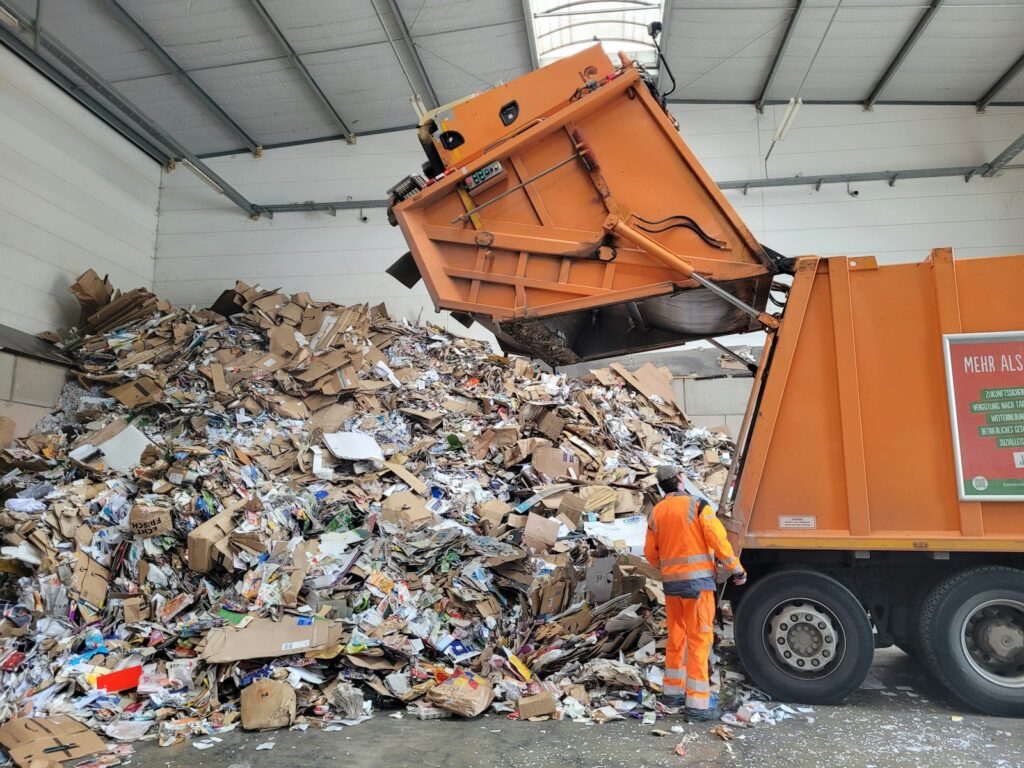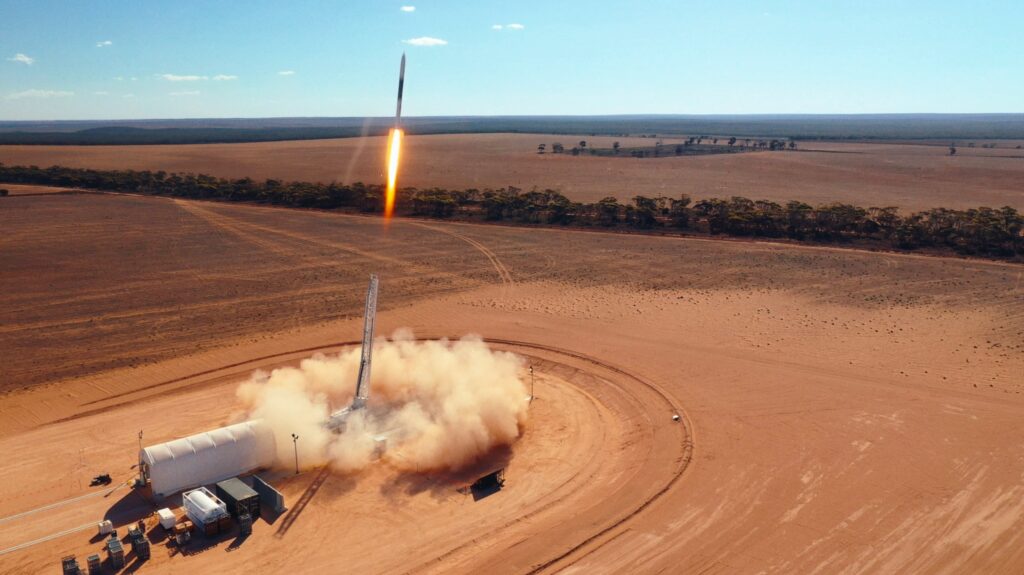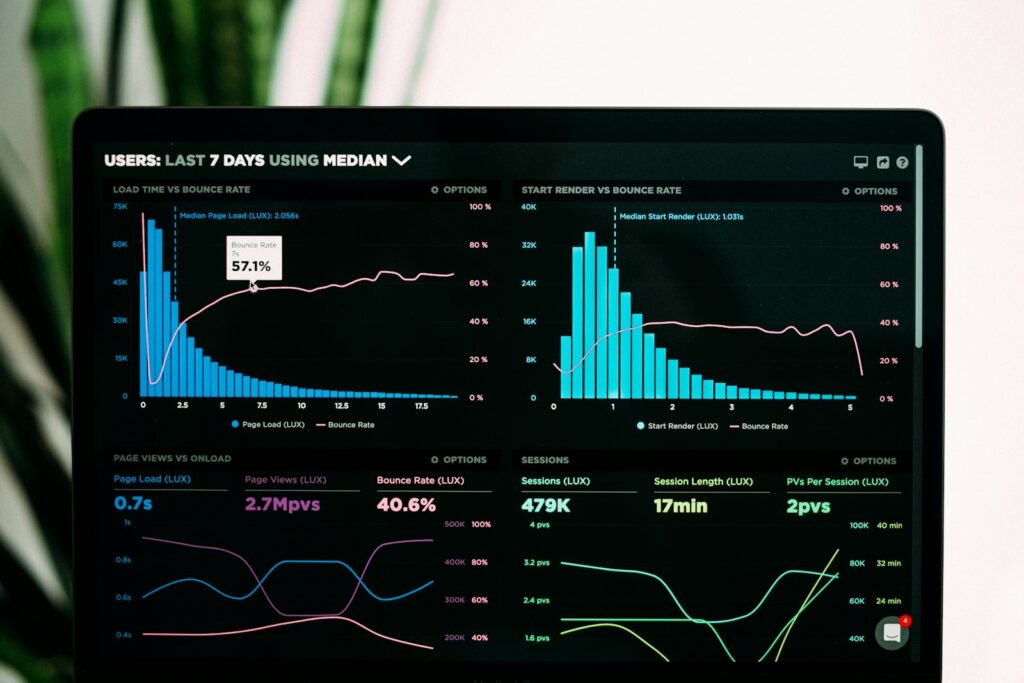£1million has been awarded to AI systems that can explore thousands of options for cell production in a single day.
Polaron’s artificial intelligence model reduces research and digital testing times from around 50 years – the timeframe existing simulations would need to run through thousands of material designs – to less than a single day.
The system has already identified a material which could reduce battery density by around 10%, nickel manganese cobalt oxide [NMC]. This is the same as adding 20miles to the range of the average electronic vehicle. This application is just one example that led to the award of £1million to the UK company from the Manchester Prize.
‘The Manchester Prize shows how we’re putting AI to work for people all over the country – supporting breakthroughs and innovations which will unlock so much positive change in our lives,’ said Feryal Clark, Minister for AI. ‘Polaron’s work in developing advanced materials will have a range of uses, including in driving forward new efficiencies for the batteries powering electric vehicles – giving drivers more miles on the road – and in delivering homegrown energy like wind turbines.
‘Choosing a winner of the inaugural Manchester Prize was an incredibly tough decision. Polaron stood out because of its highly innovative approach to revolutionising a process that will unlock a multitude of possibilities for industry,’ said Nick Jennings, Chair of the judging panel for the Manchester Prize and Vice-Chancellor of Loughborough University.
‘Advanced materials play an extraordinarily important role across our lives; Polaron’s capacity to transform the pace of materials research and development is truly exciting and is a great example of AI being used for social good,’ he continued.
Polaron is the first winner of the Manchester Prize, which launched in 2023 and celebrates innovators, academics, entrepreneurs and disruptors working in artificial intelligence. This is funded by the Department for Science, Innovation and Technology. Last May, 10 finalists were handed £100,000 each to develop solutions.
This was followed by a second competition which began in November 2024, with 10 finalists set to be announced in May 2025. Again, each will get £100,000 in seed funding, alongside £60,000 in compute credits, and non-financial support to develop solutions to win the £1million grand prize in 2026.
Image: NREL / Polaron
More on energy and net zero:
British banks next to consider abandoning 1.5C global warming investment limit


















